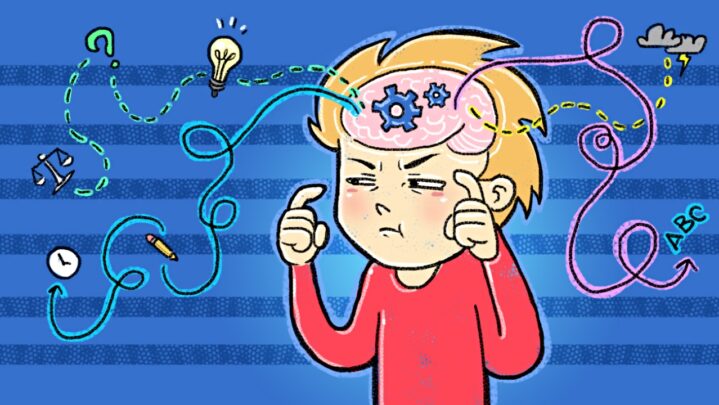1. Heart disease and cardiovascular disease
Two of the most serious health repercussions of stress are an elevated heart rate and increased blood pressure. Several credible research has linked greater reported workplace stress levels to an increased risk of heart attacks and strokes. You should see a doctor if you believe stress is causing these symptoms. They can be lethal if not treated.
2. Skin disorders and various types of inflammation
Stress hormones may also induce inflammation, aggravating illnesses like rheumatoid arthritis, psoriasis, eczema, skin rash, ulcerative colitis, and Crohn’s disease, according to research. Our immune system, which kicks in when we try to combat diseases like colds, may be affected by this altered inflammatory response.
3. Sleep issues and insomnia
One of the most common side effects of stress is difficulties “switching off,” which can lead to the inability to get off or back to sleep, as well as waking up too early. Chronic sleep deprivation not only makes you weary and cranky, but it can also put you in danger. Hypnotherapy and meditation have proven to be very useful in treating stress-related sleeplessness for many people.
4. Headaches and physical tension
It’s hardly surprising that hormones that lead our muscles to tense up in preparation for a battle can create discomfort, stiffness, and tension headaches in the long run. This may not cause difficulties in tiny doses and can be treated with exercise, breathing techniques, or hands-on therapies like massage. They can, however, be hazardous in the long run.
5. Anxiety and depression
Another stress sign is feeling unable to cope and worrying excessively, which, if left untreated, can develop into major health problems such as depression and anxiety. CBT and other talking therapies can assist, but you may also need medication. If the consequences of stress are preventing you from functioning normally, you should visit a doctor.
Also Read: 7 Reasons Of Hair fall





